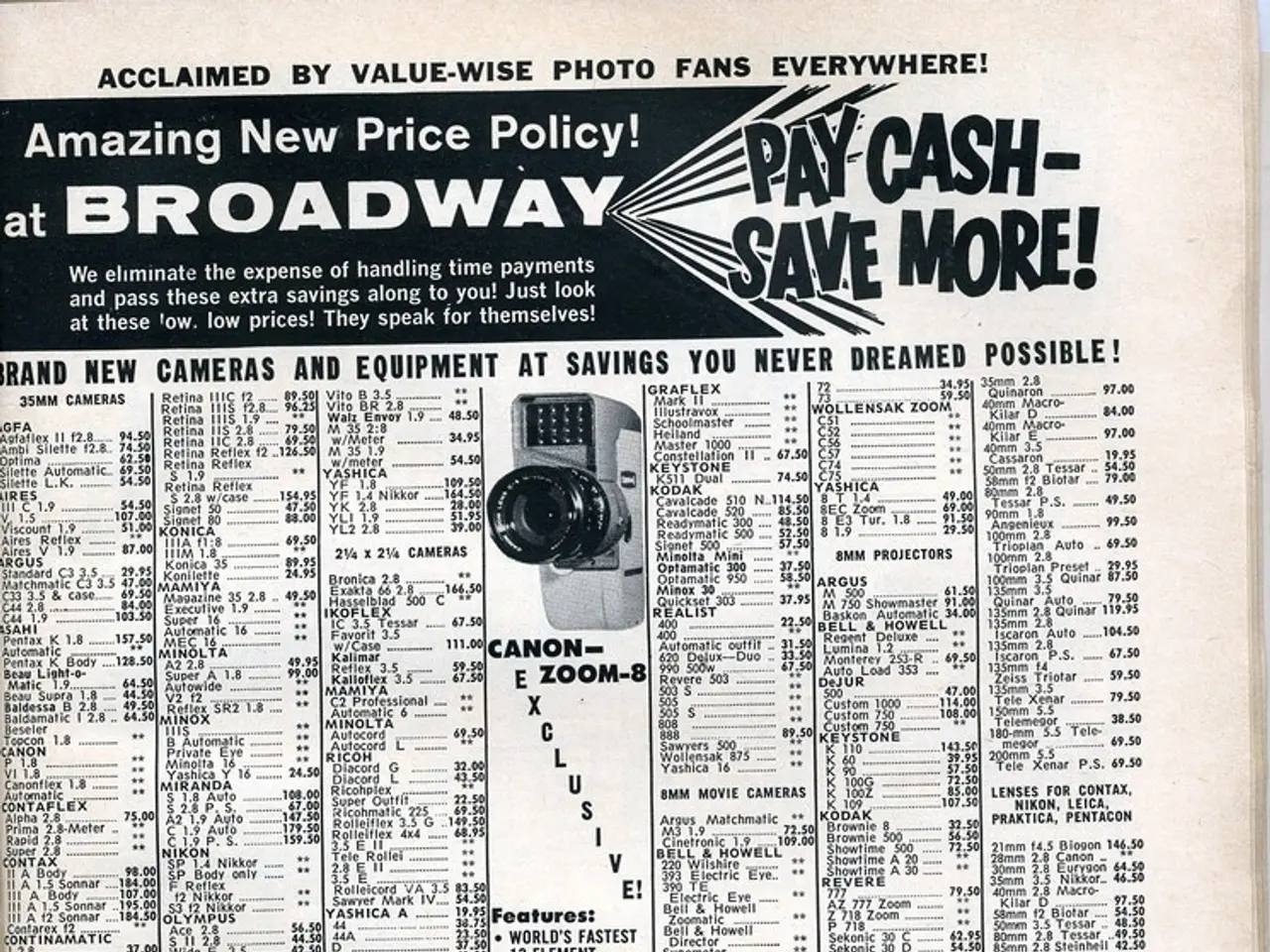Retaining Black Employees: Strategies to Prevent Departures
=========================================================================
In the world of fashion and marketing, the phrase "Hot Girl Summer," popularized by rapper Megan Thee Stallion, has become a trend that many apparel brands have adopted. However, this appropriation of Black cultural phrases has been met with controversy.
Brands have been accused of commodifying Black culture for their own financial gain, and the adoption of phrases like "Hot Girl Summer" has been seen as a form of cultural appropriation. This practice, known as digital blackface, refers to the appropriation and commodification of Black cultural expressions and aesthetics by brands and AI entities that are not themselves Black.
The term "pushin P," a slang popularized in hip hop culture, has also been excessively used by brands in their marketing strategies. This over-utilization often strips the phrase of its cultural nuance and context, turning it into a generic symbol of "coolness" divorced from its origins.
The use of Black cultural phrases by brands has been met with backlash and accusations of exploitation. Brands have been called out for their lack of understanding and respect for Black culture in their marketing strategies, and for using Black culture as an attempt to appeal to a previously uninterested population.
Digital blackface has become increasingly apparent as brands rush to post culturally relevant content. This practice has a history tied to traditional blackface minstrelsy but has evolved into new forms involving AI-generated imagery and corporate marketing that co-opts Black vernacular and cultural moments without respect or proper context.
This lack of diversity in creative control compounds the issues, with many projects about Black culture created by non-Black individuals lacking accountability or cultural sensitivity. The erasure of authentic Black creators' voices and the perpetuation of stereotypes risks economic and cultural harm.
In sum, digital blackface in marketing continues a long legacy of racial exploitation, adapting old caricature dynamics to new media and technologies. The overuse of phrases like "pushin P" and "Hot Girl Summer" by brands exemplifies how Black culture is commodified and misrepresented for profit, often to the detriment of genuine Black creators and communities. It is crucial for brands to approach cultural appropriation with sensitivity and respect, recognizing the importance of cultural nuance and the voices of the communities they seek to represent.
[1] Kendall, S. (2020). Digital Blackface in Marketing: The Commodification of Black Culture. Forbes. [2] Lewis, A. (2020). The Problem with Brands Using "Hot Girl Summer" as a Marketing Strategy. Teen Vogue. [3] Jackson, R. (2020). The Impact of Digital Blackface on Black Creators and Culture. The Atlantic. [4] Johnson, M. (2020). The Evolution of Digital Blackface: A Modern Form of Racial Exploitation. Harvard Business Review.
- The continued overuse of Black cultural phrases like "pushin P" and "Hot Girl Summer" in lifestyle, fashion-and-beauty, and entertainment industries by brands raises concerns about cultural appropriation and economic exploitation, as discussed in articles from Forbes, Teen Vogue, The Atlantic, and Harvard Business Review.
- Brands' utilization of Black cultural expressions and aesthetics in social media platforms, such as digital blackface, risks causing cultural and economic harm to Black creators and communities, as highlighted in multiple articles, including those by Sheryl Kendall, Alanna Lewis, Roxanne Jackson, and Mekella Johnson.








